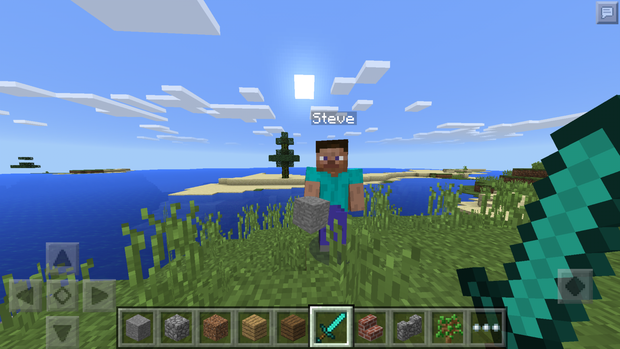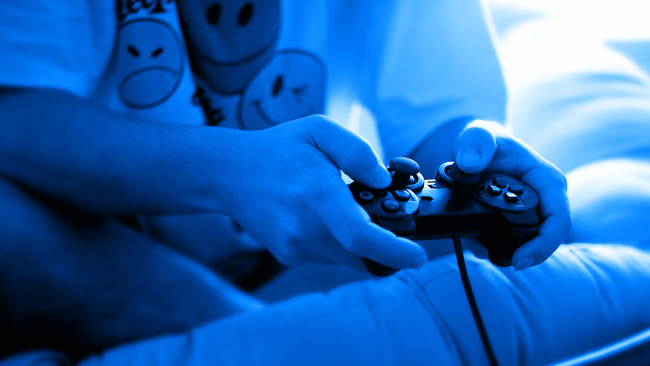If you look online for information on how video games affect mental illness, you’re bound to find sites claiming to link depression to playing video games. While that may be true for some, I know several gamers who would argue the opposite.
This stance is understandable though, because video games are usually seen something apart from reality — something that can be used as a crutch rather than a healthy outlet. So, here’s some tips from my personal experience on using video games as an aid, rather than a crutch, for dealing with mental illness.
Using video games as a temporary escape
Video games are great because they allow players to experience other worlds and situations they would never get to in real life. This is part of the reason why they can be so effective for those who suffer from mental illnesses. They can be used as an escape from the troubles of our own reality.
However, this is a double-edged sword, because they can also be used to avoid dealing with issues. Using games as a temporary escape can be a great way to get a new perspective, though. One problem I have faced while dealing with my depression is getting stuck in a cycle of the same thoughts. Playing a video game can help you take a step back and sort through pile of issues that seemed too overwhelming before.
Staying social
 A common symptom of several mental illnesses is a lack of interest in basically anything — and most people need to be social to keep functioning correctly.
A common symptom of several mental illnesses is a lack of interest in basically anything — and most people need to be social to keep functioning correctly.
During particularly bad days, it’s hard to get out of bed in the morning, let alone to be actively social. Luckily, a big part of modern gaming is co-op and multiplayer. So on days where you don’t want to go out into the world, you can set up games with your friends. You can still be social and you might even have some fun that can break you out of a bad mental state.
Relating to subject matter
One reason I love video games is their intricate stories and characters. You can usually find bits of yourself and others in the choices you make and the characters you meet. Sometimes, this is comforting on its own. If you can relate to the subject of a particular part in the game, it can help you feel better, even if it’s only for a while.
Most symptoms of mental illness usually come in waves and cycles, and it’s never easy to fight them off long enough to “feel okay” again — and that’s fine. Just like quests can send you to three different locations in a game or throw you for a loop, life’s full of misdirection and backpedaling. Finding some kind of meaning in a character arc or a plot point in a game can make you less alone and less like you’re the only one dealing with the problems in your life.
Just remember…
While video games can be an effective aid in dealing with symptoms it’s important to go out and get help if you can. Therapy or counseling can be an awarding experience to help you deal with the issues that arise in your life from mental illness or anything else. Never wait until it’s too much to handle before getting help.







Published: Aug 20, 2016 02:26 pm